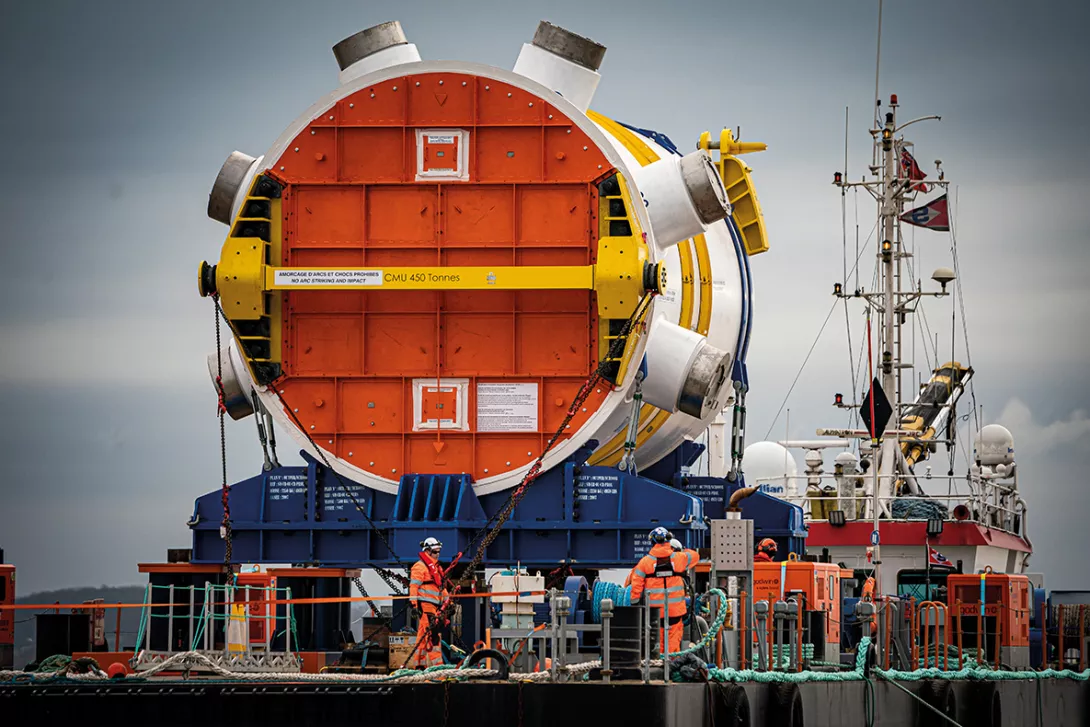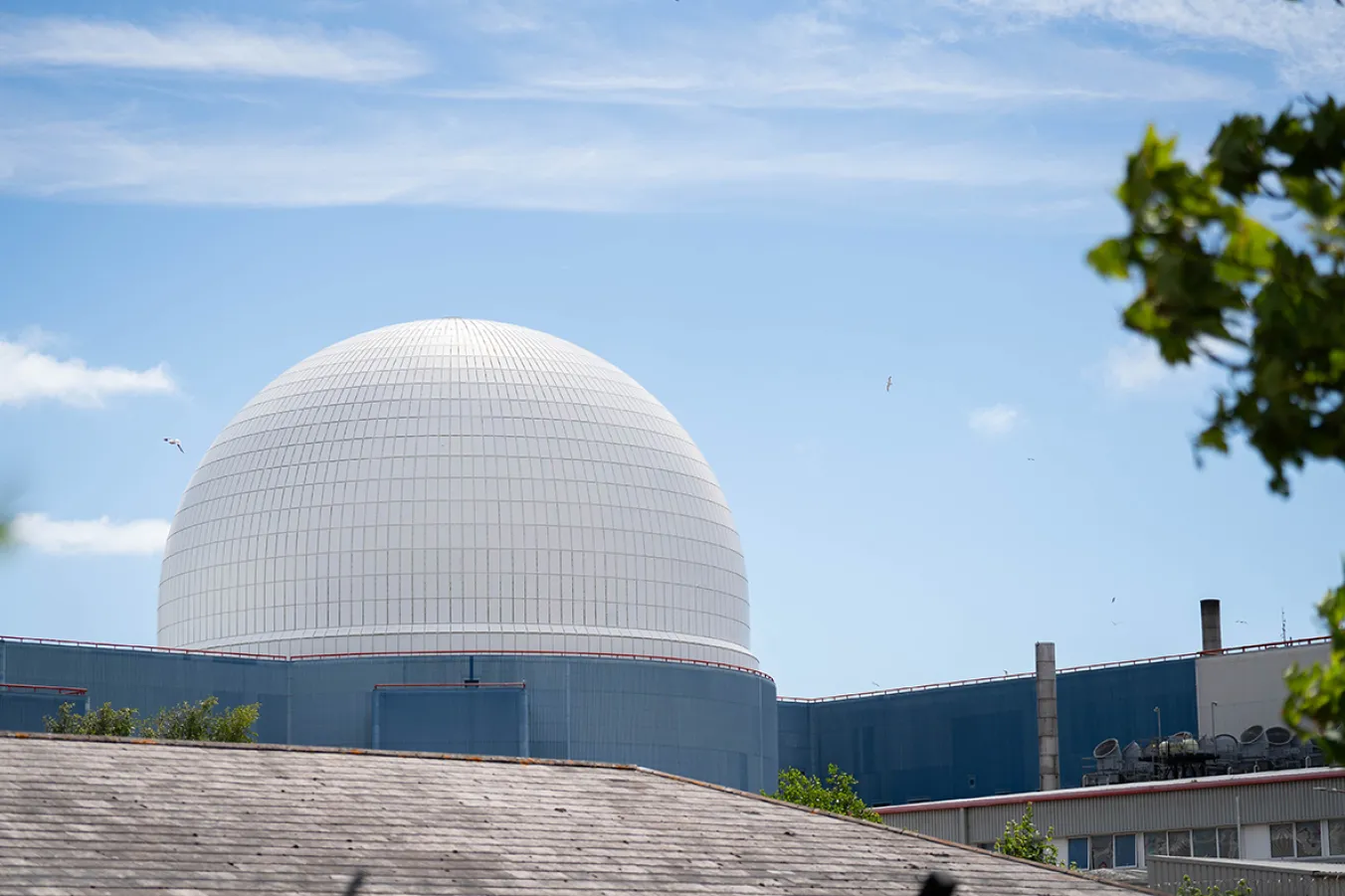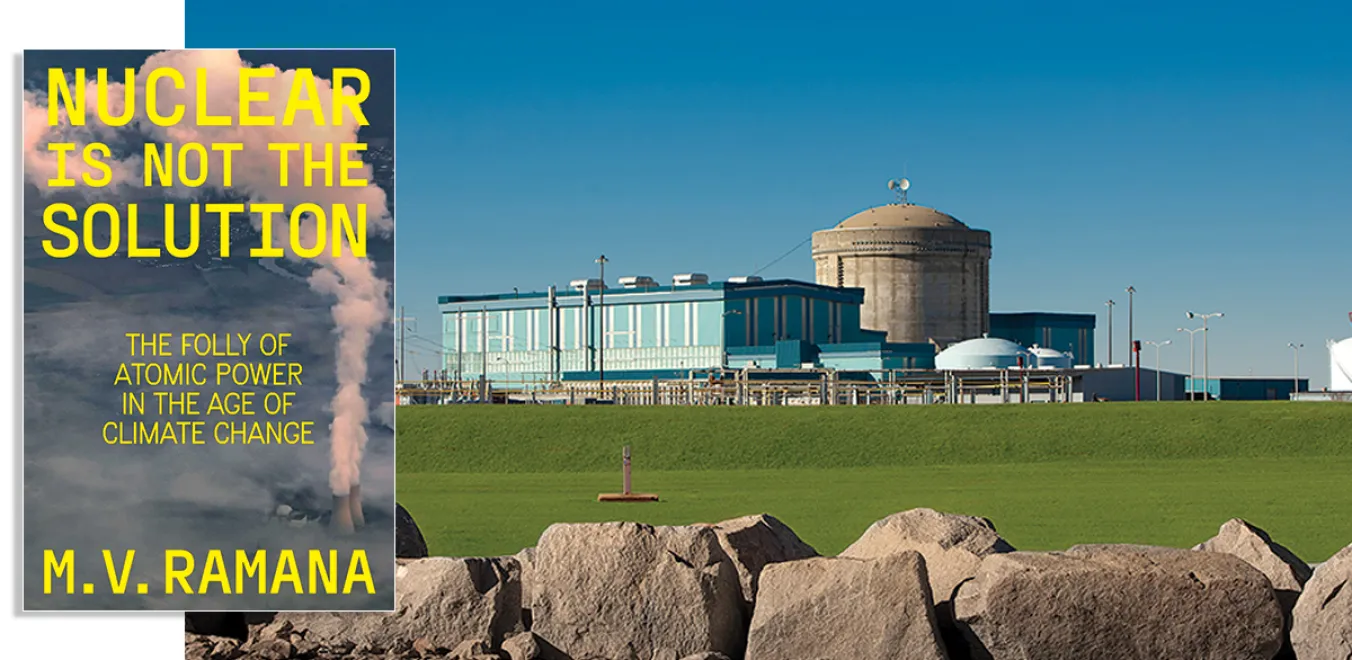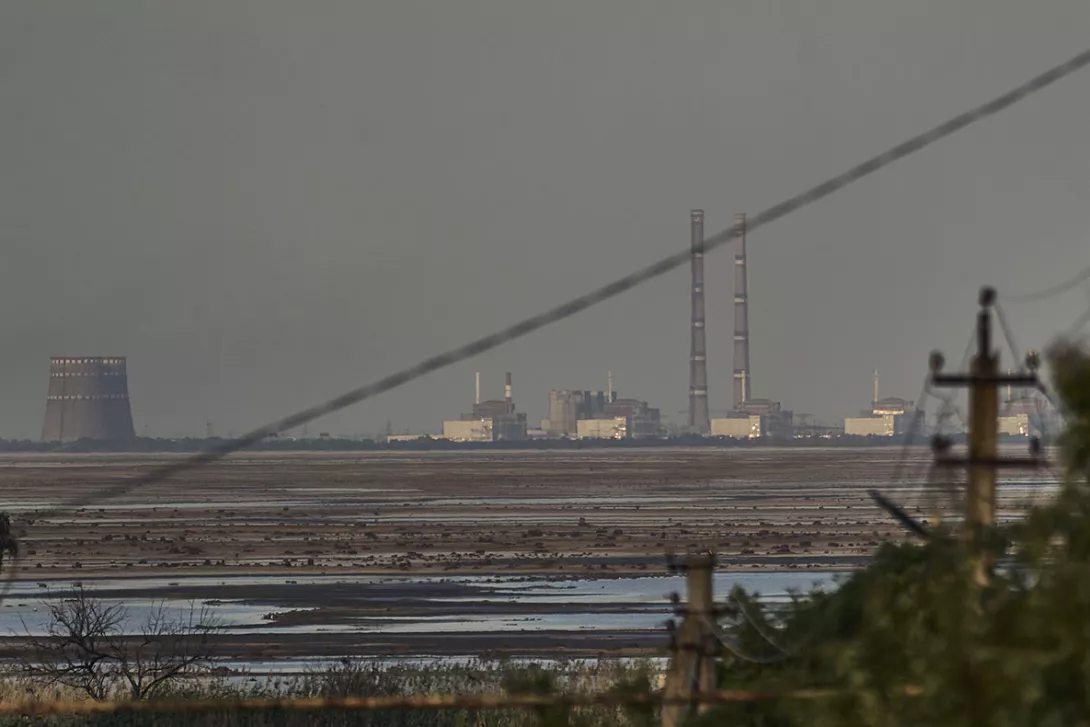VIJAY PRASHAD examines why in 2018 Washington started to take an increasingly belligerent stance towards ‘near peer rivals’ – Russa and China – with far-reaching geopolitical effects
No turning the clock back to a nuclear age
With Jeremy Hunt’s latest Budget dusting off ideas about using nuclear energy to meet our environmental commitments, RICHARD LEONARD MSP warns that atomic ‘solutions’ aren’t all they’re cracked up to be

IN POLITICS we invariably have to fight the same old battles over and over again.
So, to hear the Chancellor in his spring Budget declaring that “increasing nuclear capacity is vital to meet our net zero obligations” should not come as a complete surprise.
After all, this is word for word what the resurgent nuclear lobby has been spinning for some time.
More from this author

The super-rich falsely claim inheritance tax changes will devastate small farmers, while millionaire landowners continue enjoying numerous tax advantages — why is the SNP supporting this nonsense, asks RICHARD LEONARD

The 500 refinery jobs under threat at Grangemouth and underfunding in further education should be at the top of a new Scottish leader’s to-do list, argues RICHARD LEONARD MSP

RICHARD LEONARD MSP looks at the life and ideals of the famous miners' leader and all-round champion of working-class politics

The abolition of lay panels to decide on child hearings and the ‘lawyer-isation’ of the service will not serve vulnerable youngsters' interests, warns RICHARD LEONARD
Similar stories

LINDA PENTZ GUNTER condemns Starmer’s willingness to let children go hungry and the elderly shiver while pouring billions into doomed nuclear projects that won’t address the climate crisis

RON JACOBS recommends a frank and honest assessment of the corrupt and profit-hungry nuclear industry











